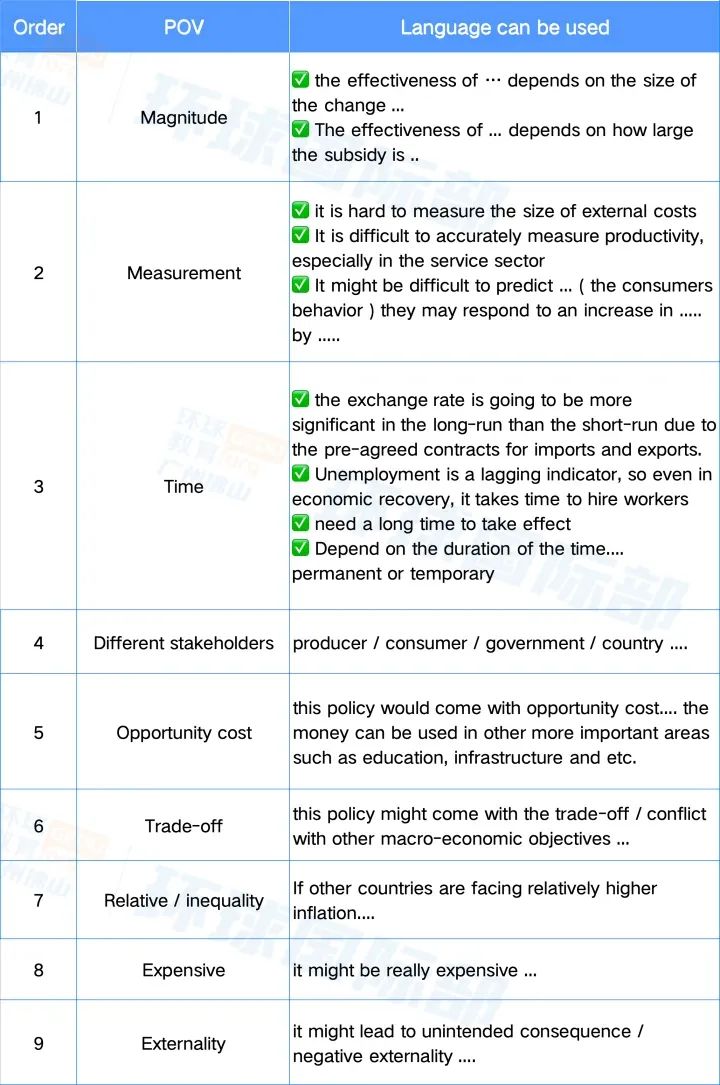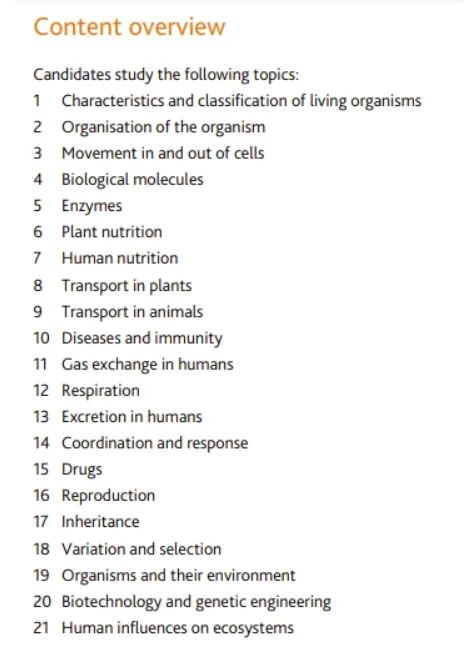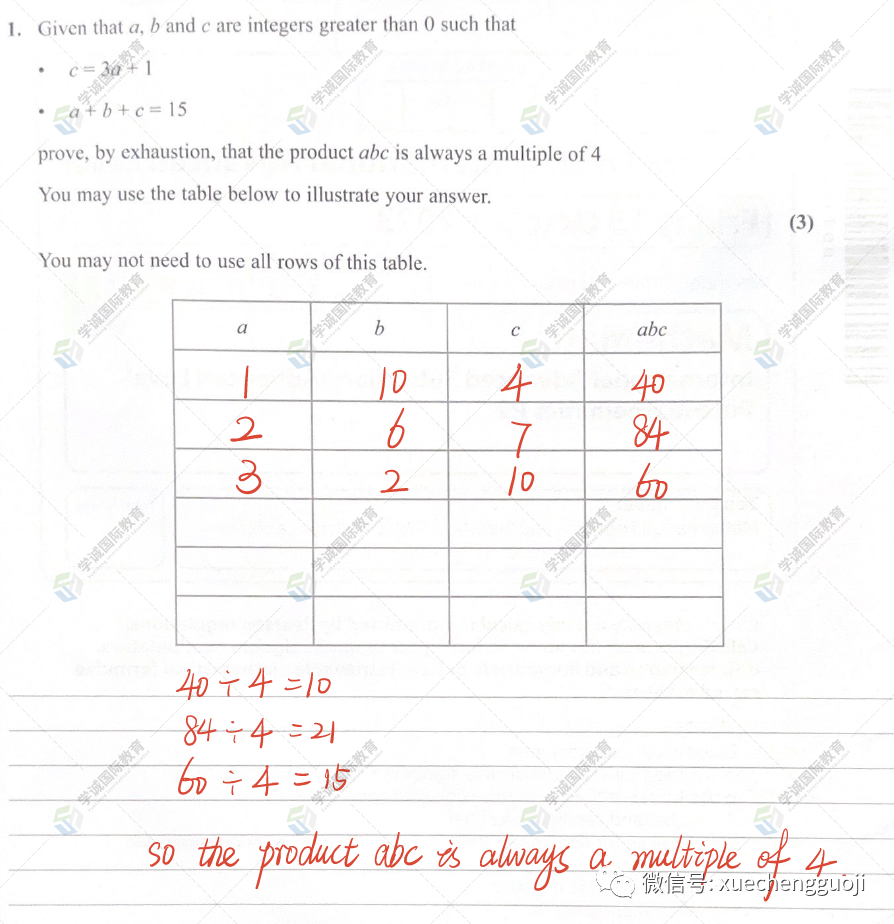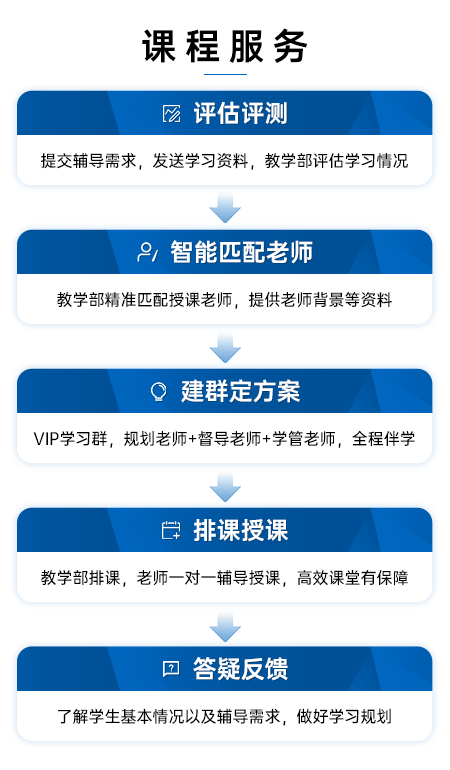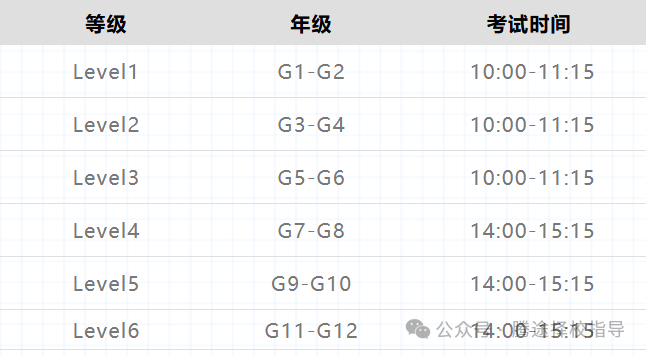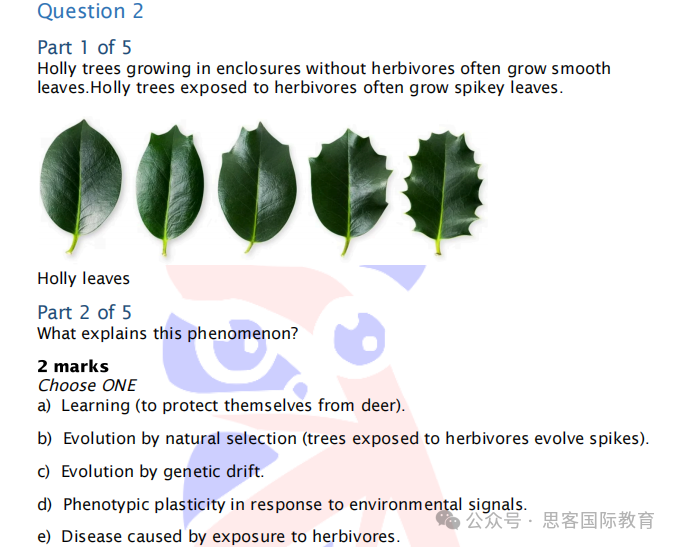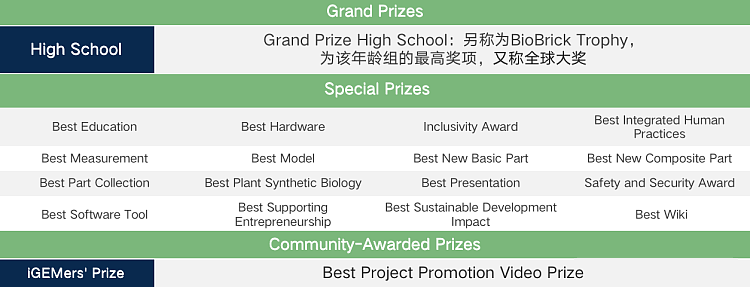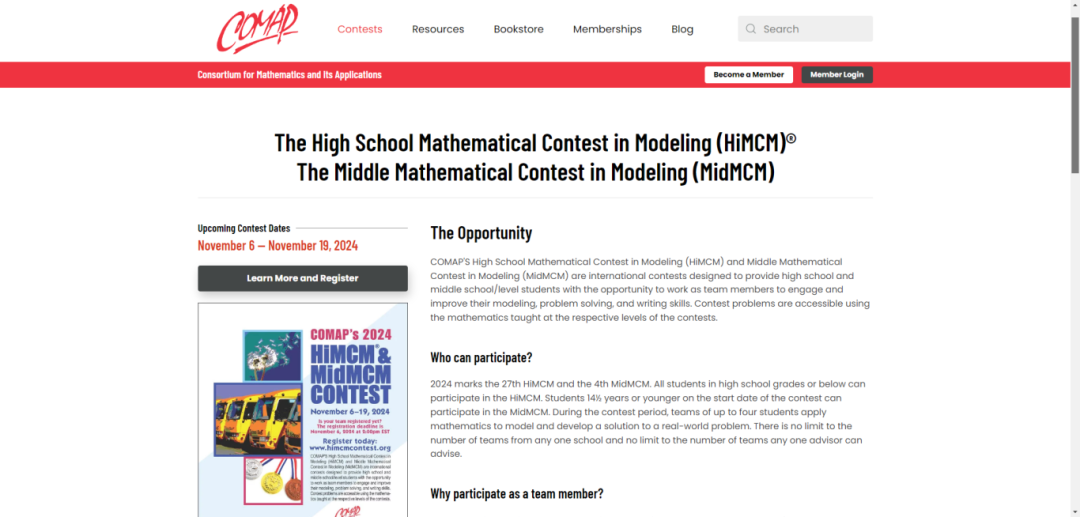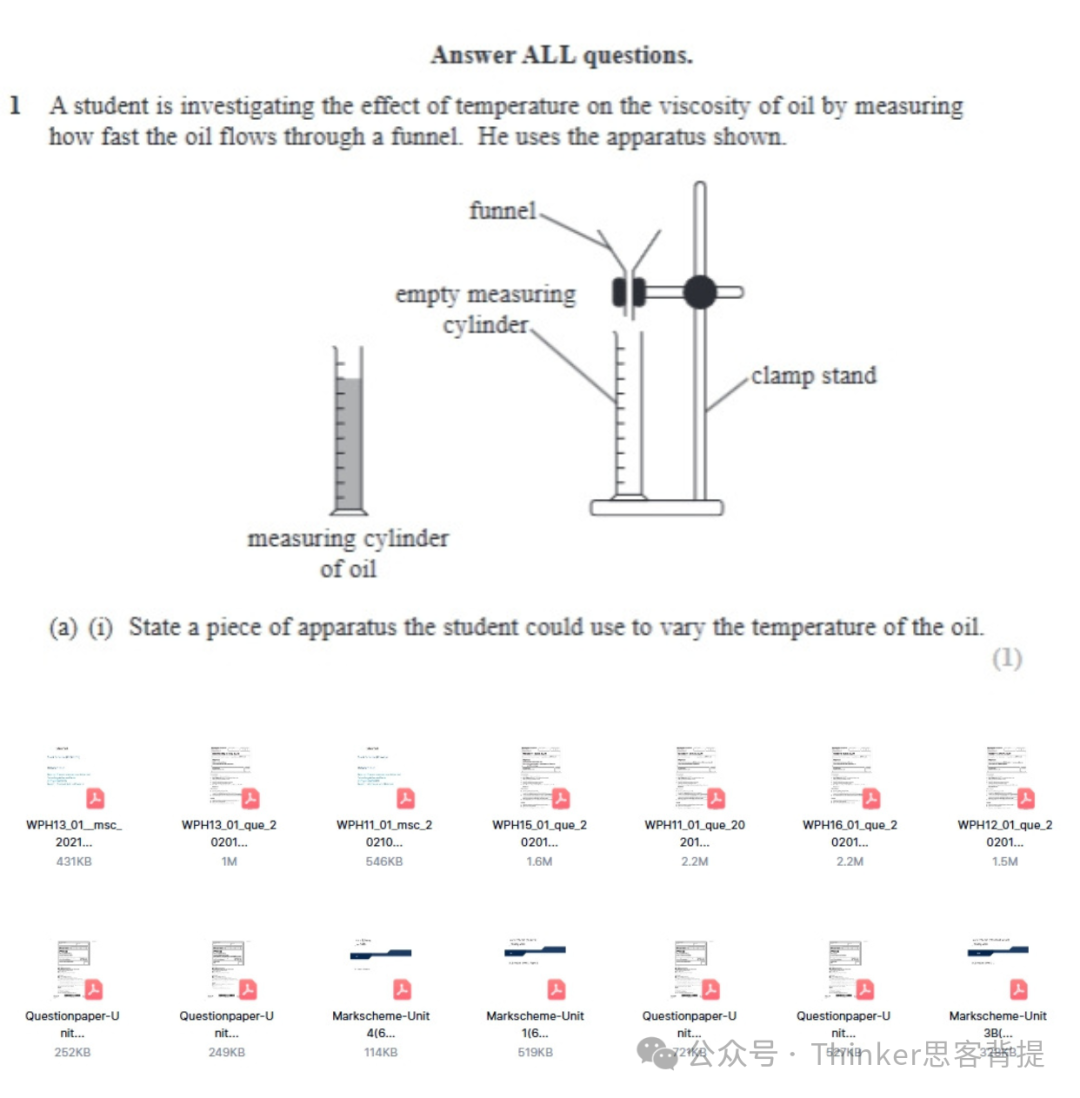今日话题
经济学破题关键
经济学作为A Level 考试的重点科目之一,涉及知识点多且繁杂,其中的Essay 题目(20分/题)更是让考生一筹莫展。相当一部分考生直接放弃该题,导致考试失利。部分考生尽管望而生畏地写了半篇,写到Evaluation部分的时候,又会 “抓破脑袋,无从下手”。对照Essay论文KAAE的要求,今天重点给同学们剖析最让大家头疼的Evaluation(E)的破题技巧,希望能够帮助同学们在马上到来的大考中轻松“上分”。
不管是什么类型的考试,关键在于“总结归纳”,当遨游过题海,从中抽身时,你会发现,题目千变万化、百般刁难,终究离不开几个宗旨。对于Evaluation的破题,用“正反-批判-万能”六字破题。
01、经济学破题关键
正反
所谓“正反”,就是事物优点缺点、贡献危害。如果“原题论证的是缺点”,那答题在Evaluate中就说“虽然它有这些缺点,但同时它也具备着一定的优点”,反之亦然。
与其他学科不同,经济学的论文中很少有“标准”答案,不存在“黑白二选一”的情况,而是更多考察考生通过不同的角度来分析问题利弊综合, 因此在Evaluate部分去提及另外一面就是最好的分析。
例题:
‘Pursuing economic growth at the expense of the environment has resulted in pollution, climate change and the over-consumption of natural resources.’
Evaluate the costs of economic growth. Refer to a country of your choice in your answer.
解题简略框架:
✅ cost 负面缺点:
The first cost of economic growth is ...
The second cost of economic growth is ...
The third one is ...
✅ benefit 正面优点 (Evaluate 部分)
However, economic growth also bring a lot of benefits.
The first benefit is ...
Also ...
Thirdly ...
02、经济学破题关键
批判
所谓“批判”,即“NOT always......”。世间万物,成因与结果之间总有一个牵线的红娘“条件”。当“条件改变”或者“条件缺失”,原来的成因就“脱轨”,构不成“原来的结果”,或者朝着非预定的方向发展。
例题:
Evaluate fiscal policy instruments as a means of increasing the rate of economic growth.
分析简图:
1️⃣ fiscal policy ( increase government spending G) => AD increase =>economic growth;
2️⃣ fiscal policy ( decrease income tax ) => C incrase => AD increase =>economic growth;
3️⃣fiscal policy ( decrease corporate tax ) => I increase => AD increase =>economic growth.
Evaluate 部分:
increase in AD would NOT always lead to economy growth. It depends on the position of AD on a Keynesian AS curve. On the vertical section (producing at full employment ) , right shift of AD ( expansionary fiscal policy ) would only be inflationary without any increase in output.
03、经济学破题关键
万能
最后一个Evaluation 的破题技巧,也是最好用、最受学生欢迎的。在你没有思路的时候,90%都能用上以下几个“思考维度”为考卷添字加分。他们简称 “ MM T DO - Tree ” ( 记忆方法:美眉MM, 行动起来 To DO; 不要成为一棵树 Tree 一动不动)。
MM T DO - Tree 是“五大核心观点”以及“四小方向”的简称,分别指 Magnitude , Measurement , Time , Different stakeholders , Opportunity cost 五大,以及Trade-off,Relative, Expensive 以及Externality 四小。在Evaluation 中,这“五大四小”可以使用的语言举例(见附表)。
